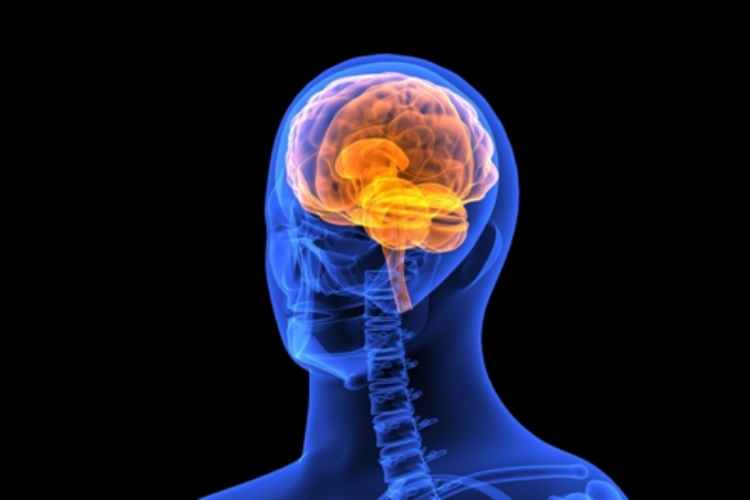Did you know that stress negatively affected the behavior of 49% of U.S. adults?
Stress is one of the leading causes of many illnesses, often of the nervous system. Among the branches of the nervous system, the vagus nerve acts as a messenger between your body and your brain.
It has so many functions, it must be a healthy thing to have a healthy vagus nerve. But what is the function of the vagus nerve?
Read on to learn more about the vagus nerve and how it functions in your body.
Control of the Respiratory and Digestive Systems
The vagus nerve handles sending signals to the brain that control the rate and depth of breathing. When the vagus nerve is not working properly, the respiratory system cannot function adequately.
It also controls the contraction of the muscles of the stomach and intestines. It also regulates the production of digestive enzymes and stomach acid.
Regulation of Heart Rate and Blood Pressure
It innervates the heart and blood vessels and is responsible for the parasympathetic control of the cardiovascular system. It activates in response to various stimuli, including changes in blood pressure and heart rate.
When the vagus nerve is activated, it sends signals to the heart and blood vessels that result in a decrease in heart rate and blood pressure. This response is important in maintaining the proper function of the cardiovascular system.
To stimulate the vagus nerve, place your index and middle fingers on the ridge between your eyebrows and apply pressure. You can also try using Transcutaneous Vagus Nerve Stimulation (tVNS).
There are many benefits of stimulating the vagus Nerve. One benefit is helping to increase heart rate variability, which is a good thing for overall heart health. Additionally, it can help to improve digestion and decrease inflammation.
Production of Tears
The vagus nerve also plays a role in the production of tears. When it is stimulated, it causes the release of the chemical acetylcholine. This chemical triggers the release of tears.
Facial Expressions
It plays an important role in facial expressions. It handles the facial muscles that allow us to make expressions such as smiling, frowning, and blinking. Without the vagus nerve, we would be unable to make these expressions.
Controls the Movement of the Vocal Cords
The vagus nerve is responsible for the movement of the vocal cords. This nerve is located in the neck and handles the movement of the muscles in the throat.
It is also responsible for the sensation of the larynx and the muscles of the pharynx. The vagus nerve is also responsible for the movement of the tongue, which is used to produce speech.
Understanding What is the Function of the Vagus Nerve
The vagus nerve is the longest and most complex of the cranial nerves. Its functions include heart rate, blood pressure, digestion, and respiration. It also plays a role in the immune system and the nerves that control the voice box and pharynx.
If something goes wrong with your vagus nerve, it can cause problems with any of these functions. That’s why it’s important to understand what is the function of the vagus nerve and how to keep it healthy.
To learn more about keeping your body running smoothly, head over to our health blog.


